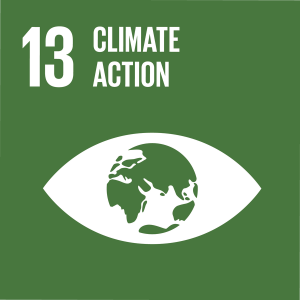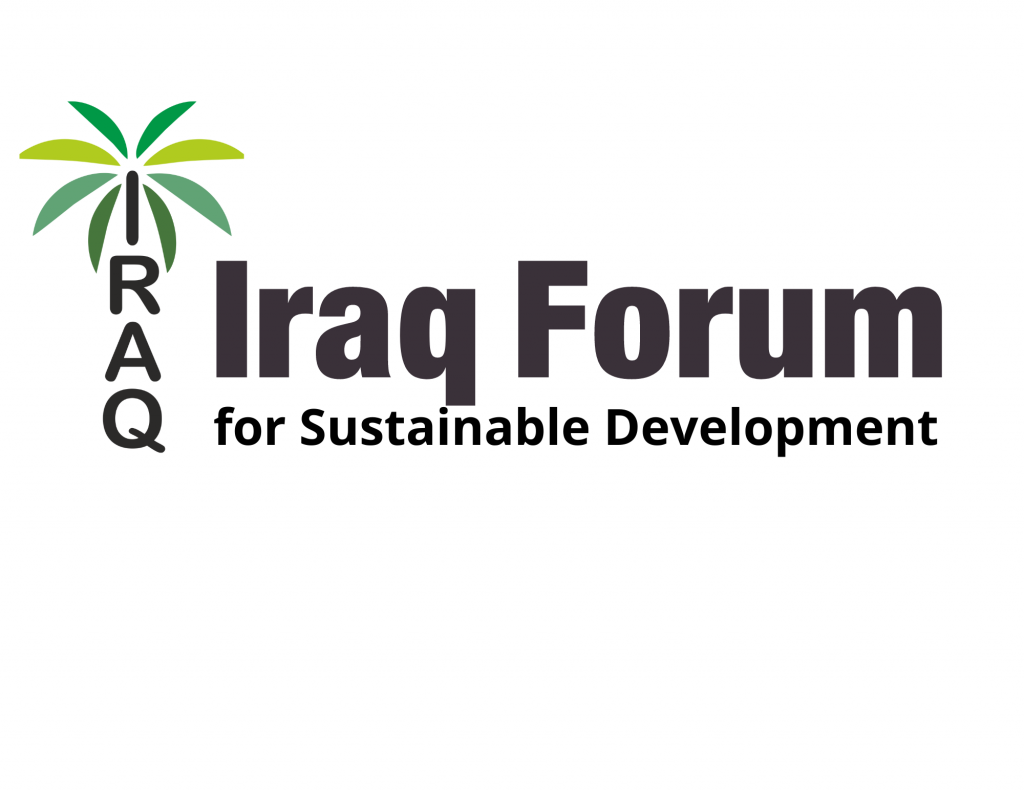Goal 13: Take urgent action to combat climate change and its impacts


Iraq’s greenhouse gas emissions are relatively low and constitute only a small portion of global emissions
However, Iraq is one of the region’s most vulnerable to the potential impacts of climate change and its consequences, the most important of which is the increase in the frequency and intensity of dust storms and the decrease in rainfall and consequently the decline in water resources and the decline of vegetation cover that affects air quality and the subsequent negative repercussions on economic and social development, which requires adaptive measures to be taken all sectors and increase the speed of their response to the changes taking place.
With regard to the depletion of the ozone layer, Iraq is a non-producing country for ozone-depleting substances and imports them mainly for use in the refrigeration sector and extinguishing systems. After Iraq joined the Vienna Convention and the Montreal Protocol in 2008, measures were taken to limit the use of these substances. Experts and the preparation of the national program and a comprehensive phase-out plan for substances that deplete the ozone layer
The first national communication for Iraq submitted to the United Nations Framework Convention on Climate Change was issued on 15th May, 2017 and it included the reference scenarios (baseline) for the different sectors.
